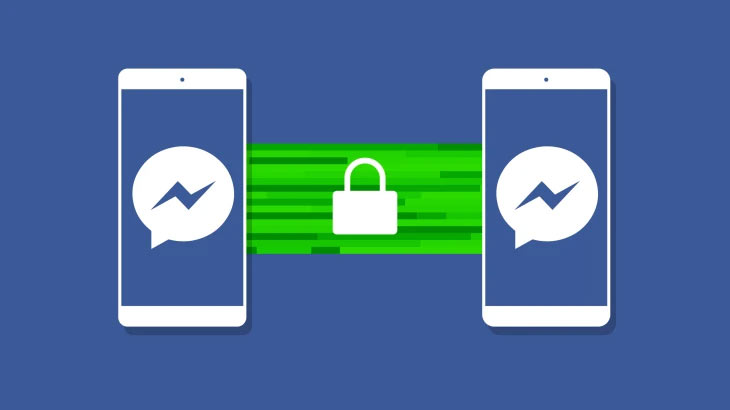
Short message service (SMS) service became very popular in the late 1990s. And people still use it to a great extent to communicate. But now the era has changed. The mobile phone has become smart and hacking these less secure messaging medium is child's play. Therefore, experts are warning that people should now use encrypted services such as WhatsApp to send messages from their Android phones.
Actually, the message sent by SMS goes through several stages before reaching its destination. Therefore, cybercrime can easily steal your information from any level. Therefore, experts say that instead of sending SMS, use an app like WhatsApp instead of SMS, in which your data is converted into code and follow the Internet protocol.
According to Christina Libby of Popular Mechanics, about 6 billion messages are sent every day if we talk about America. He said that most people believe that their information will be kept confidential, but they are wrong here. On sending the SMS, it goes to the nearest cellular tower via a path-way (control channel). From there he reaches the SMS center, from where it is sent to the receiver's close tower.
It then reaches the mobile of the person to whom it is sent. This process has complete information about content, message length, format, timestamp, and destination, etc., which can be hacked by cybercriminals around the pathway. Christopher Howell, CTO of Wickr, a firm that produces encrypted services, pointed out that the lack of encryption allows hackers to search for weak points anywhere along the virtual path between the message sender and the message receiver.
In this entire process, a ton goes through different network devices, many different service providers and computing systems. One of them can be targeted due to being found to be technically weak or due to social engineering or insider attack. Actually, the messages on these systems are stored for longer than required, so the risk of them being stolen increases. Instead of defending a system for a few seconds to prevent a hacker from stealing a message, it needs to be protected for days, weeks, months. These circumstances are in favor of hackers.
Last year, a large data breach stole millions of SMS. This included a number of details including password reset information, shipping notifications, and two-factor authentication codes. According to Berlin-based security researcher Sebastian Kaul, the database's not being password-protected makes the situation even worse. Not only are scammers able to read people's private messages, but governments are also looking into these digital messages.





